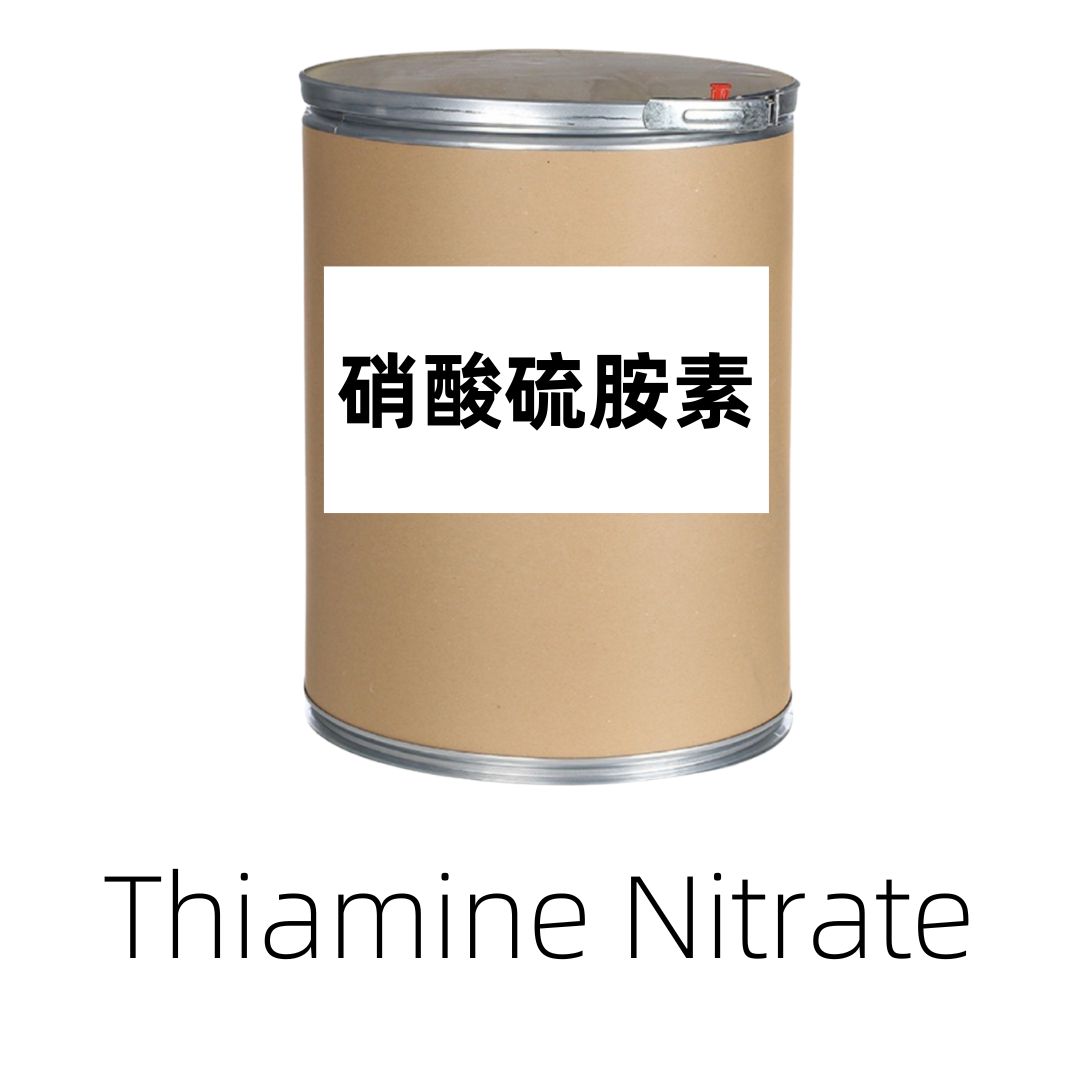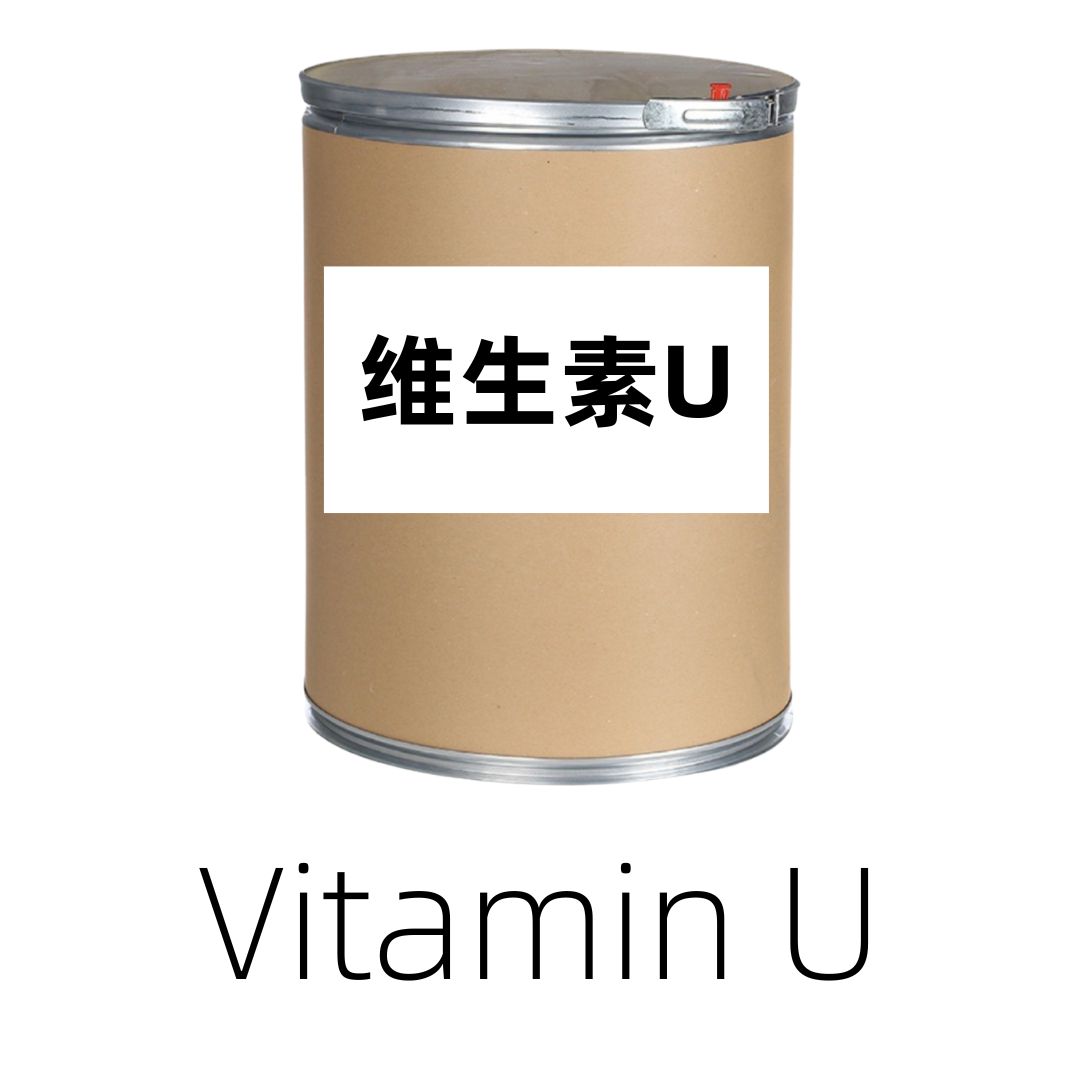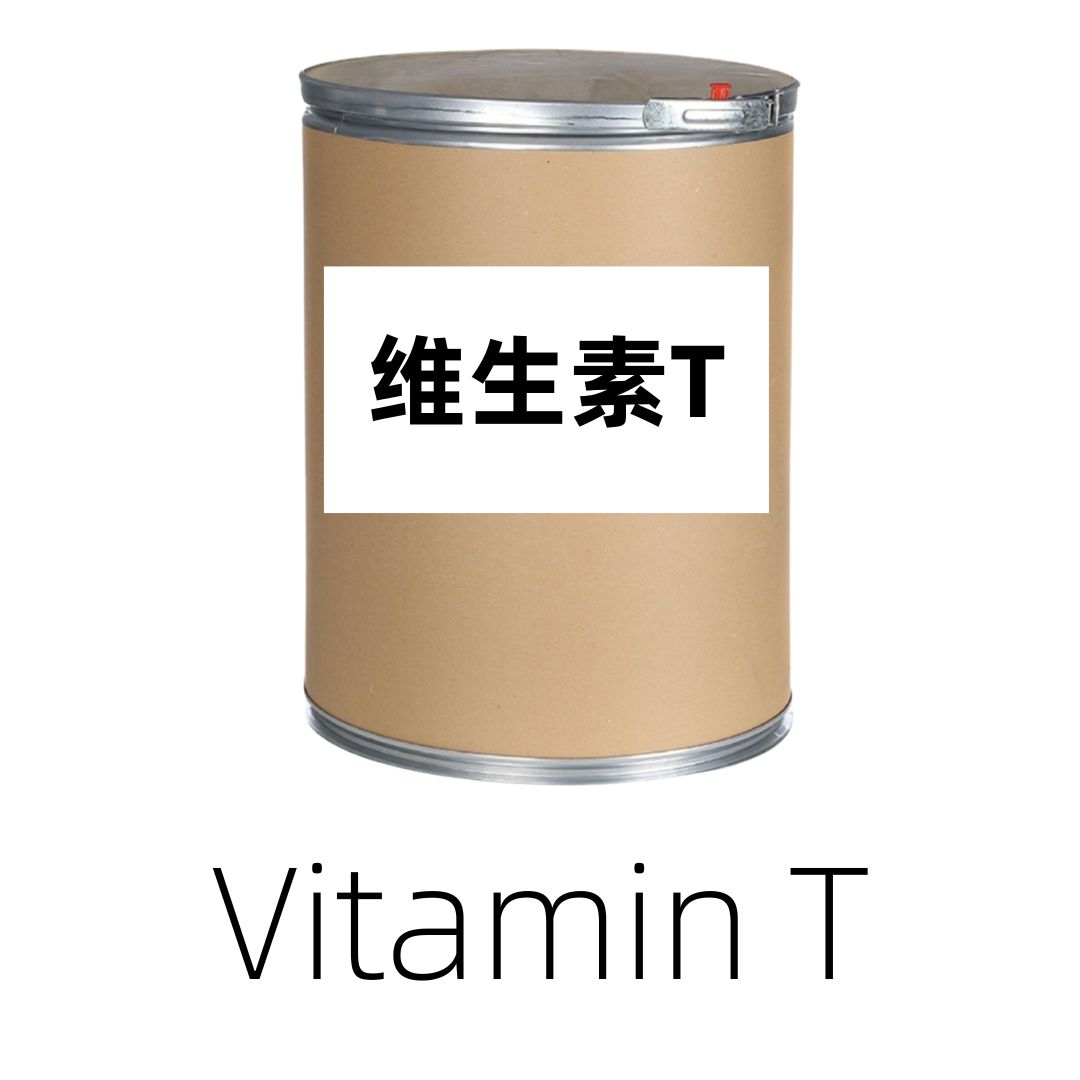Product Introduction
Vitamin B2, also known as riboflavin, is an essential nutrient belonging to the B-vitamin family. It plays a crucial role in energy metabolism and is involved in the conversion of carbohydrates, fats, and proteins into energy. The primary sources of vitamin B2 include dairy products, eggs, green leafy vegetables, and fortified cereals. It is commonly used in dietary supplements and food products to enhance nutritional value, support metabolic health, and possibly improve skin and eye health.
Production Process
Vitamin B2 is typically synthesized through fermentation processes using specific strains of microorganisms or can be produced through chemical synthesis. The production begins with the cultivation of microorganisms in a controlled environment, where they metabolize glucose and other substrates to generate riboflavin. After fermentation, the vitamin is extracted, purified, and then crystallized to achieve the desired product form and quality.
Application Scenarios
Vitamin B2 is widely used in the food industry for fortifying a variety of products such as beverages, dairy alternatives, and snack foods. It is also included in dietary supplements aimed at preventing deficiencies and supporting metabolic functions in the human body. Furthermore, vitamin B2 is relevant in pharmaceuticals for its health benefits, particularly in formulations targeting skin and eye health.
Packaging and Storage
- Storage Conditions: Vitamin B2 should be sealed, protected from light, and stored in a dry, cool, and well-ventilated environment, while avoiding high temperatures.
- Packaging: It is commonly packaged in bulk 25 kg/paper drums, with samples available in 1 kg aluminum foil bags, or customized packaging options are available per customer requirements.
- Shipping Method: The product can be shipped via FedEx, DHL, dedicated logistics, or sea freight consolidation.
- Validity Period: The validity of vitamin B2 is two years from the date of production.
Monica Sun possesses extensive technical expertise and market insights in the food additives industry. She excels in designing efficient and safe additive formulations tailored to various food applications, ranging from sweeteners to functional dietary fibers. Monica has successfully assisted food manufacturers in optimizing ingredient combinations to enhance product quality and improve consumer satisfaction.









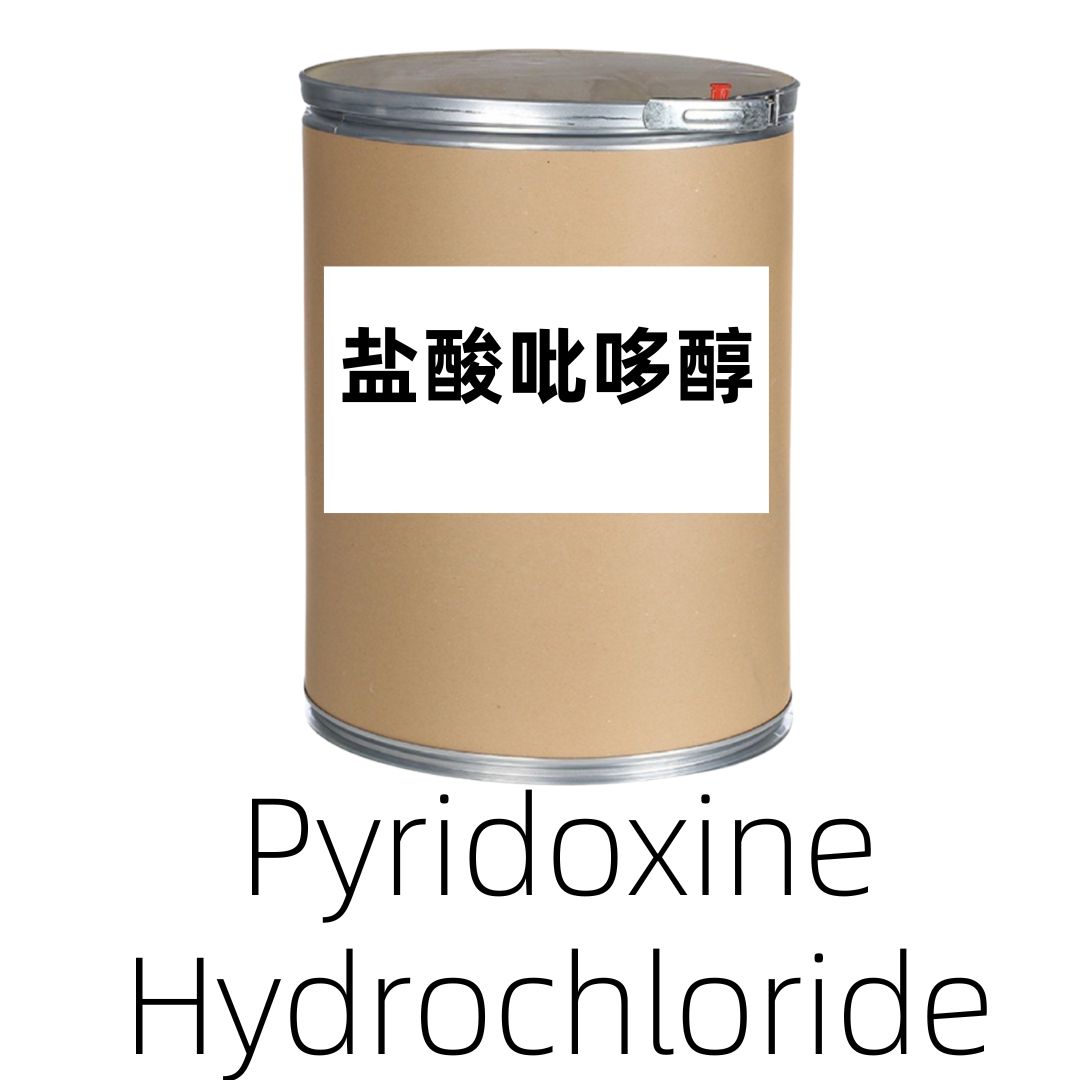
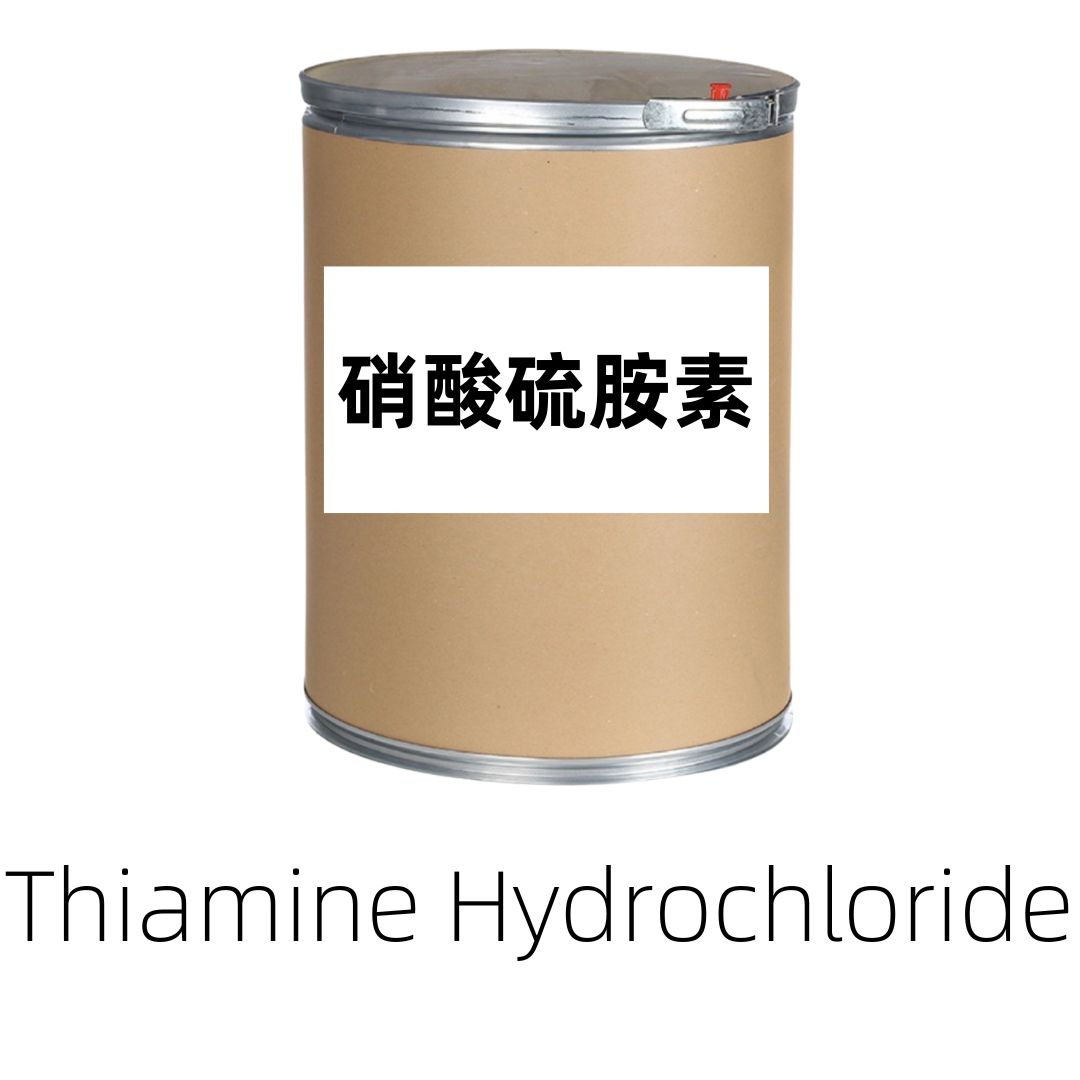
nicotinamide.jpg)
